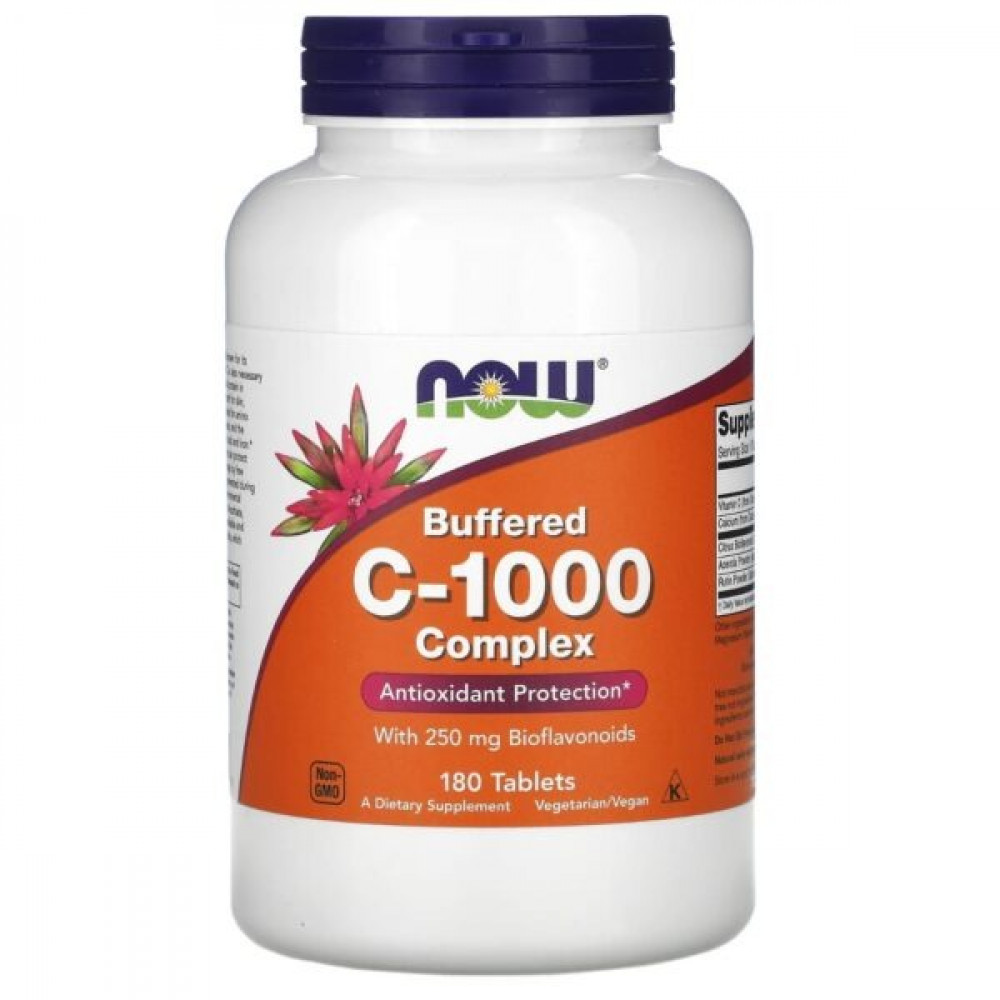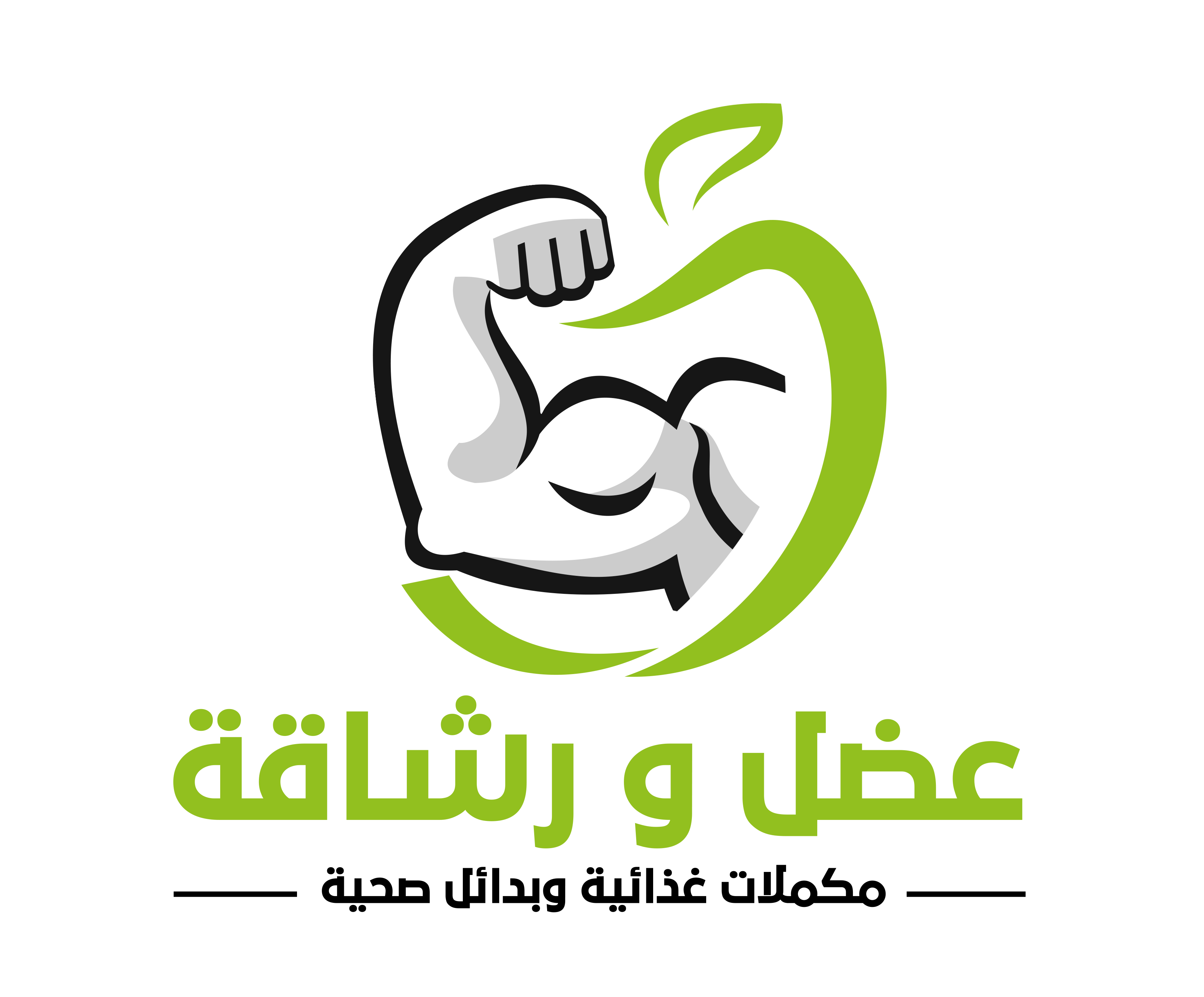
vitamin C
Your body needs vitamin C (ascorbic acid) to form blood vessels, cartilage, muscle and collagen in bones. Vitamin C is also necessary for your body's recovery process.
Vitamin C is an antioxidant that protects your body's cells from the effects of free radicals. They are molecules created during your body's digestion and breakdown of food or when the body is exposed to tobacco smoke, sunlight, x-rays or other sources. Free radicals may play a role in heart disease, cancer and other diseases. Vitamin C also helps your body absorb and store iron.
Since your body does not secrete vitamin C; You need to get it from your diet. Vitamin C is found in citrus fruits, berries, potatoes, tomatoes, peppers, cabbage, Brussels sprouts, broccoli, and spinach. Vitamin C is also available in oral supplements, usually in the form of capsules and chewable tablets.
Symptoms of vitamin C deficiency:
Vitamin C deficiency causes some symptoms, such as:
Fatigue and general weakness-
muscle fatigue-
Arthritis-
Immunodeficiency and recurrent infections
Scurvy, a disease that occurs due to acute vitamin C deficiency, and its symptoms include fatigue, weak connective tissue, and capillary fragility.
:- C benefits of vitamin pills
- Treatment of scurvy.
- Improve the rate of tyrosine in the blood .
Reducing the risk of macular degeneration .
- Reducing earthquake protein in urine .
- Improve atrial fibrillation .
Emptying the colon before endoscopy .
- Reducing colds .
Vitamin C damage
Taking vitamin C supplements in high doses may cause several side effects, such as:
Nausea and vomiting.
Diarrhea.
heartburn.
Stomach cramps and bloating.
headache.
tiredness and drowsiness
redness of the skin
The aforementioned symptoms should disappear once you stop taking the supplement, knowing that taking a dose of less than 1,000 milligrams a day probably won't cause you any harm or side effect.

